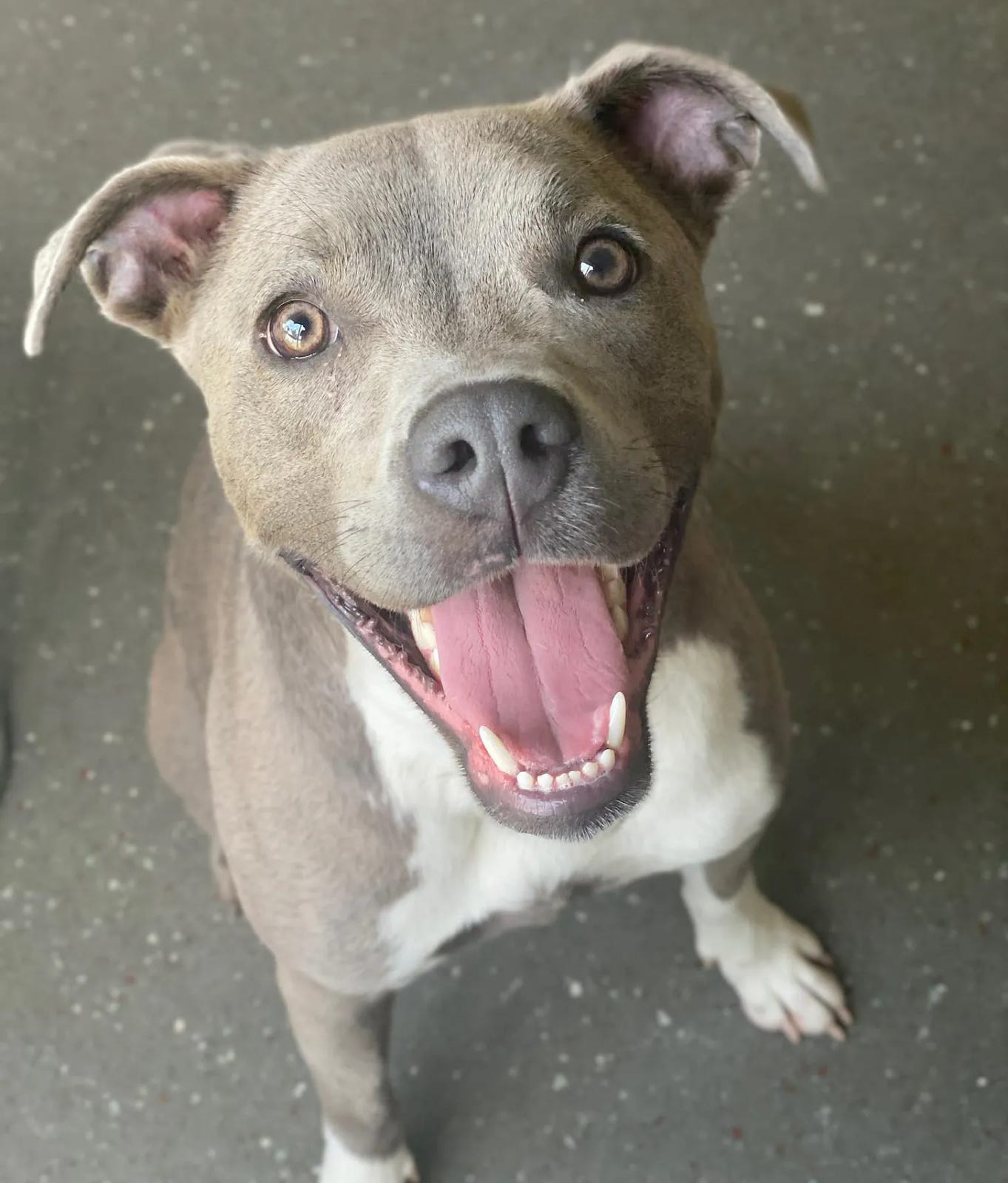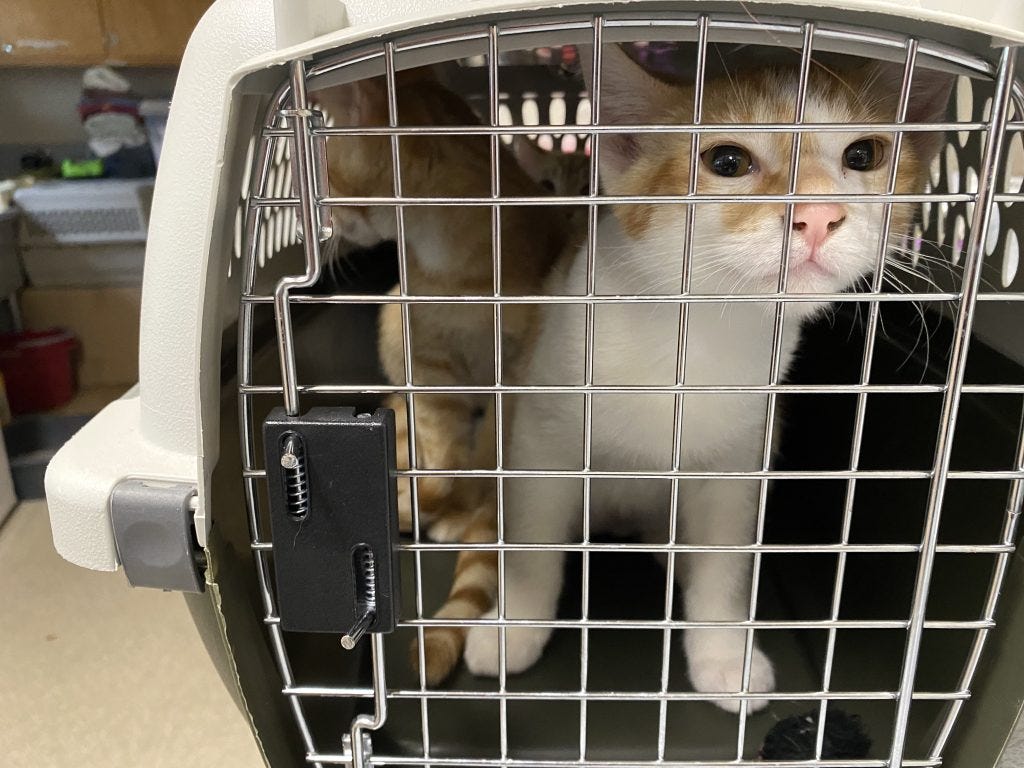Dog on death row whisked away to safety
News and headlines for February 11 - February 17, 2023

These are some of the stories making headlines in animal protection:
As part of a dangerous nationwide trend in pounds to kill animals by claiming they are “mentally suffering,” Colorado is proposing new regulations that include “defecation when engaged socially” and “stereotypic behavior” as indicators of an “Unacceptable quality of life.” Neither pacing nor the timing and frequency of defecation should be a death sentence.
In opposition to the regulations, The No Kill Advocacy Center noted that the proposed regulations are counterproductive to their stated aims of improving animal care. They also discourage the implementation of protocols that would lessen any stress associated with temporary kenneling, which is a prerequisite to rehoming and returning the animal to a higher quality of life. Instead of killing, The No Kill Advocacy Center demanded that pounds be required to socialize, exercise, and provide better care of the animals to remedy any stress-related behaviors.
Insurance aims to provide peace of mind so that, in the unlikely event of a tragedy, one is protected against loss. Dog lovers in Maine hope they, too, are given that peace of mind as legislation has been introduced prohibiting insurance companies from refusing to insure someone’s home based on the alleged “breed” of their dog.
SP 157 “would bar insurers from canceling or refusing to renew property insurance policies solely because a policyholder owns a certain breed of dog. It would also bar charging more for those breeds.”
It’s a policy change sought by animal welfare groups who insist the discrimination against pit bulls and some other breeds maligns some dogs unfairly and makes it difficult for renters and others to adopt animals that need a home.
If Maine passes the law, it will join other states like New York and Nevada, which already prohibit such discrimination.
Two prescription pet foods were recalled, one for dogs and the other for cats Purina Pro Plan Veterinary Diets EL Elemental (PPVD EL) dry food was recalled “due to potentially elevated levels of vitamin D” after dogs got sick from eating it. “Vitamin D toxicity may include vomiting, loss of appetite, increased thirst, increased urination, and excessive drooling to renal (kidney) dysfunction.”
In addition, Royal Canin’s Veterinary Feline Renal Support pet food formula was recalled “due to a mislabeling error, in which some bags of the Veterinary Feline Renal Support may contain a different cat food formula.”
A bill to ban cat declawing has been introduced in New Jersey. If it passes and the governor signs it into law, it will join other states nationwide — including New York and Maryland — to ban the inhumane procedure.
Studies show that declawed cats are at significantly greater risk for back pain, not using the litter box, aggression (scratching/biting), and excessive grooming (barbering). In addition, they are at even greater risk for pain from bone fragments left due to “poor or inappropriate surgical techniques,” which occurs in 63% of the cases.
Contrary to conventional wisdom, studies also show that banning the practice does not lead to cats losing their homes: “owners are able to manage normal scratching behavior and retain cats in their homes without needing to resort to onychectomy [declawing].”
Rescued dogs and cats will be the official state pet of Oregon if legislation being considered by state senators is approved. Supporters hope it encourages pet adoption. The resolution passed the Oregon House 58-1. It is likewise expected to overwhelmingly pass the Senate.
Delaware, meanwhile, “typically chooses a new state dog each year. [But] Senate Bill 37 would make rescue dogs, regardless of their breed, the official state canine in perpetuity,” in hopes of encouraging adoptions in that state, too. It is also expected to pass handily.







